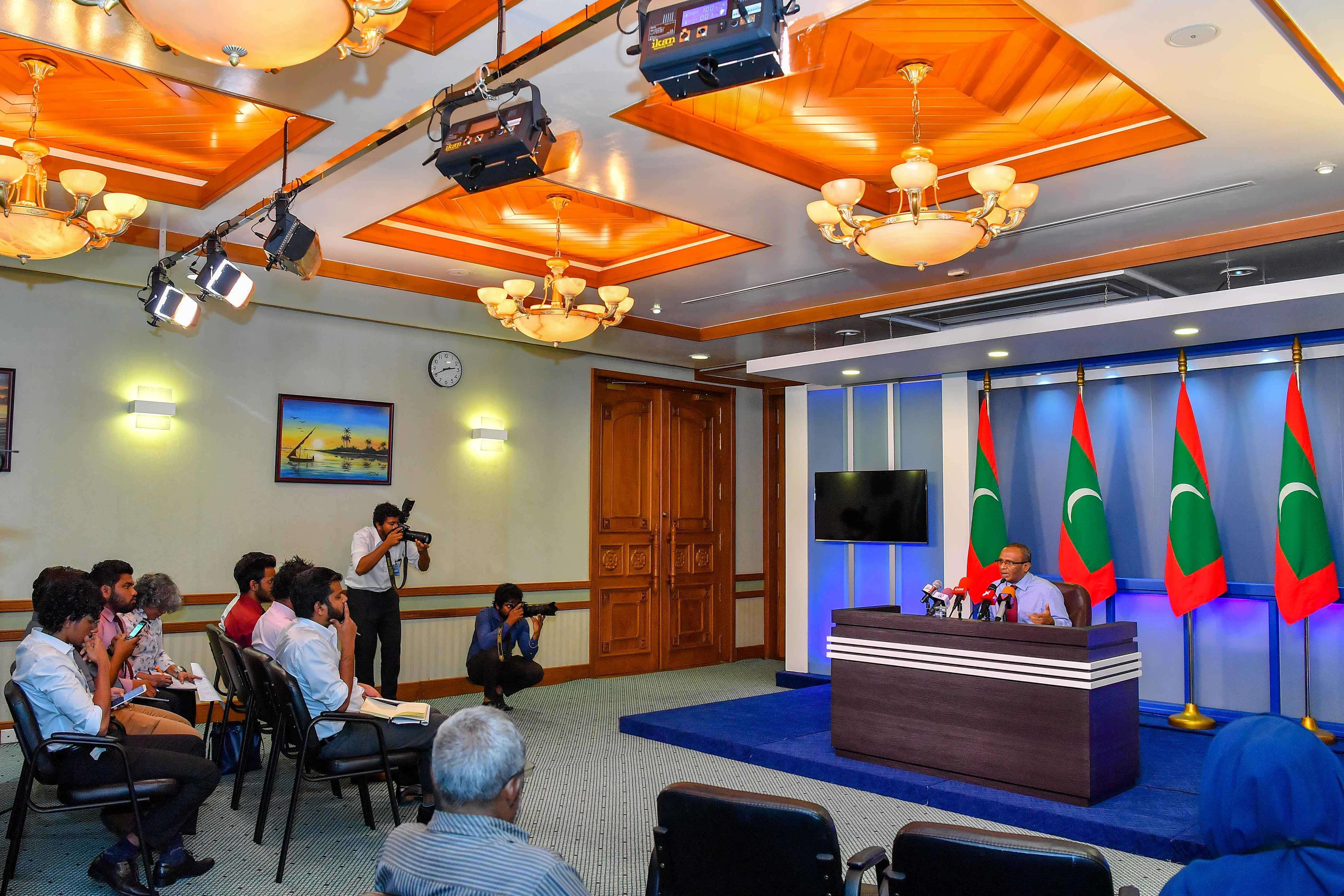Gangs ‘nominate’ criminal court judges
There’s no hope of justice with corrupt judges on the bench, the presidential inquiry commission’s chair declared.

31 Dec 2018, 09:00
Criminal gangs in the Maldives have a quota to nominate judges to the criminal court, the chair of a presidential commission formed to investigate unresolved murders and enforced disappearances alleged Sunday.
“No matter how well we investigate and send cases, I don’t believe we could have justice with the current judges at the criminal court. I think that’s the view of the whole legal community,” Husnu Suood told the press at a briefing at the president’s office.
Judges have used some gangs for their private security and the gangs were also connected to criminal court staff, who have revealed the identity of secret prosecution witnesses, he alleged.
A complete overhaul of the judiciary was necessary to reform the institution, the former attorney general added, echoing a campaign pledge of President Ibrahim Mohamed Solih.
Become a member
Get full access to our archive and personalise your experience.
Already a member?
Discussion
No comments yet. Be the first to share your thoughts!
No comments yet. Be the first to join the conversation!
Join the Conversation
Sign in to share your thoughts under an alias and take part in the discussion. Independent journalism thrives on open, respectful debate — your voice matters.




